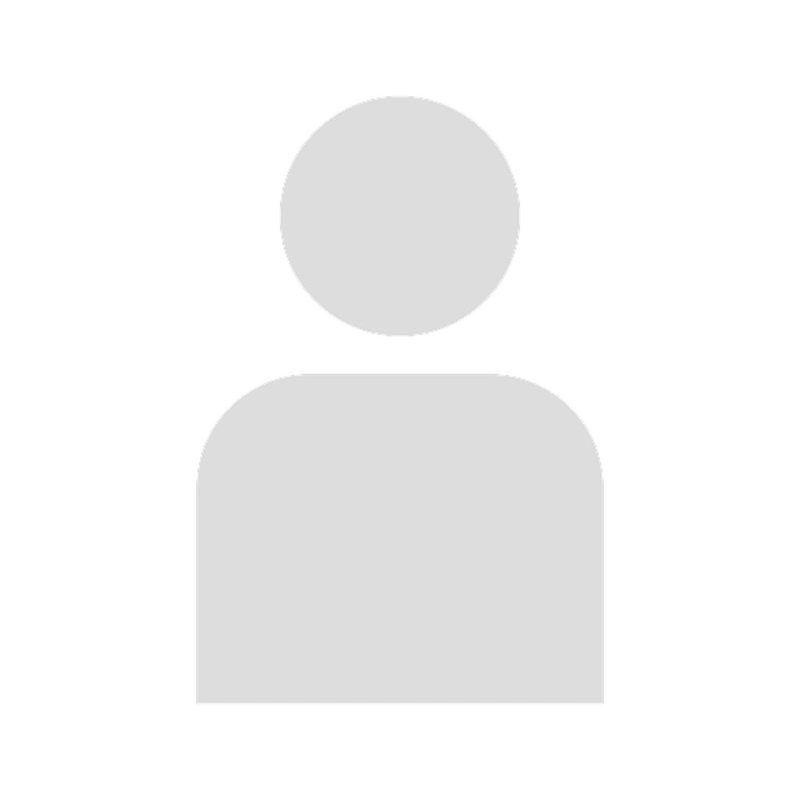Sustainability and Scalability of Self-Organisation
(SaSSO)
October 3rd, Tokyo, Japan
- Submission deadline:
June 25thJuly 15th (Ext) - Notification to authors:
July 25thJuly 31st (Ext) - Camera-ready deadline:
July 31stAugust 3rd (Ext) - Workshop: October 3rd
All times in Anywhere on Earth (AoE) timezone.
Firstly, on the one hand, the sustainability of self-organisation, given the features of path dependency (where prior decisions significantly constrain present choices); the iron law of oligarchy, which identifies the tendency of self-organisation to slide into oligarchy; and the avoidance of tyranny at the core of Ober’s Basic Democracy. And conversely, on the other hand, self-organisation for sustainability, building on the pioneering work of Ostrom’s self-governing institutions for common-pool resource management, but also considering self-sustainability, e.g. in the form of cooperative survival dilemmas.
Secondly, on the one hand, the scalability of self-organisation, especially in dynamic environments, for example as the number of components in a system changes over time, how are structures and processes for decision-making, dispute resolution and monitoring affected by such changes, even with new `generations’. And conversely, on the other hand, the self-organisation for scalability, both for pro-active management of anticipated growth or contraction, but also how the values or incentives implied by self-organised rules change over time (the rule-based equivalent of concept drift).
Information for Authors

Invited Speaker
TBA
Accepted Papers
- Tobias Buhl and Sebastian von Mammen. Surrogate Modelling for Complexity Reduction in Self-Organising Multi-Agent Systems
- Stavros Anagnou, Christoph Salge and Peter R. Lewis. The Institution bootstrapping problem and some counter-intuitive solutions
- Elena Troubitsyna. Modelling Collaborative Resilient Behavior of Multi-agent Systems
Schedule
Information to come.
Aishwaryaprajna
Univesity of Exeter
Stefan Sarkadi
Kings College London
Gary Linnéusson
University of Skövde
- Andrei-Bogdan Balcau, King’s College London, UK
- Nathan Lloyd, Ontario Tech University, Canada
- Asimina Mertzani, Imperial College London, UK
- Parisa Salmani, Ontario Tech University, Canada